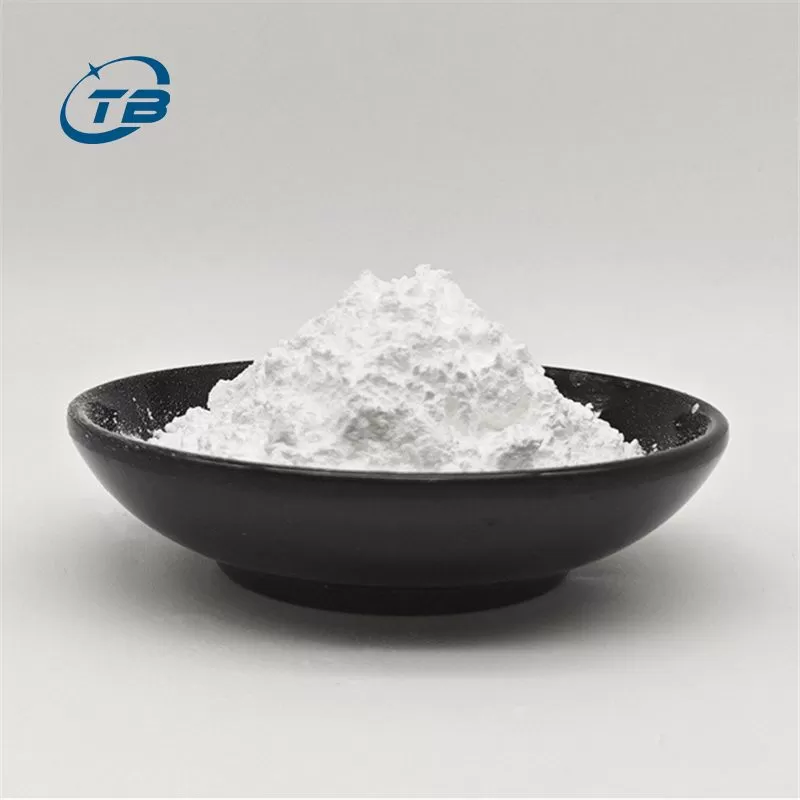ISO Standards vs Non-ISO Practices in the Chemical Industry
ISO Standards vs Non-ISO Practices in the Chemical Industry
- What are ISO Standards?
ISO Standards are internationally recognized guidelines and specifications designed to ensure quality, safety, efficiency, and interoperability of products and services. In the chemical industry, these standards often relate to environmental management, quality control, and safety protocols.
- What are Non-ISO Practices?
Non-ISO Practices refer to methods and procedures in the chemical industry that do not adhere to ISO Standards. These practices may be based on local regulations, company policies, or industry norms, and can vary significantly between different organizations and regions.
- What are the advantages of ISO Standards in the chemical industry?
ISO Standards provide several benefits, including:
- Consistency in product quality and safety.
- Enhanced customer trust and satisfaction.
- Better compliance with regulatory requirements.
- Continuous improvement in operational efficiency and environmental management.
- Facilitation of international trade by ensuring compatibility.
- What are the disadvantages of Non-ISO Practices?
Non-ISO Practices can result in several issues, such as:
Additional resources:
Is Sodium Polyacrylate the Best Water Absorbent?
Revolutionize Home Insulation with Silica Aerogel Blankets!
7 Key Benefits of NBR Latex for Laboratory Gloves
What Are the Applications of Polyether Amine ED600 CAS 65605-36-9?
What to Look for in a Custom Rug Manufacturer?
Lithopone Pigment vs Titanium Dioxide: Which Paints Better?
Unlocking AUCAT-101: The Anti-Hydrolysis Polyurethane Catalyst- Inconsistent product quality that may lead to customer dissatisfaction.
- Higher risk of accidents or environmental violations due to lack of standardized safety measures.
- Challenges in gaining international recognition and market access, as products may not meet global standards.
- Difficulty in tracking and improving operational efficiency without standardized benchmarks.
- How do ISO Standards influence the competitiveness of chemical companies?
ISO Standards greatly enhance the competitiveness of chemical companies. By adhering to these standards, companies can demonstrate their commitment to quality and safety, which can lead to increased customer loyalty and potentially higher sales. Moreover, ISO-certified companies often find it easier to enter new markets and attract partnerships, as their products are recognized as reliable and compliant with international standards.
- What should companies consider when deciding between ISO Standards and Non-ISO Practices?
Companies should evaluate the following factors:
- Their target market and customer expectations for quality and safety.
- The regulatory environment in which they operate and potential legal implications.
- The long-term benefits of standardization versus short-term cost savings from non-compliance.
- The potential for increased competitiveness and market share through certification.
Conclusion
The adoption of ISO Standards in the chemical industry provides numerous advantages, including enhanced quality, safety, and competitiveness. On the other hand, Non-ISO Practices may lead to inconsistencies and risks that can jeopardize a company's reputation and operational success. Therefore, businesses must carefully assess their practices to align with global standards that can bolster their market position and contribute to long-term growth.
For more iso for chemical industry, TJCY QA Support, TJCY RA Supportinformation, please contact us. We will provide professional answers.
Additional resources:Benefits of Stone Cracking Powder in Construction Projects
How Kaolin Clay Revolutionizes Organic Pest Control Solutions
Is Potassium Diformate Safe for My Bio-Based Production Process?
How to Use Stone Cracking Powder
What Are Fine Organic Chemicals and Their Applications?
7 Reasons to Choose Potassium Diformate as an Eco-Friendly De-Icer
Top Explosives Emulsifier Suppliers for Safe and Effective Blasting Solutions


